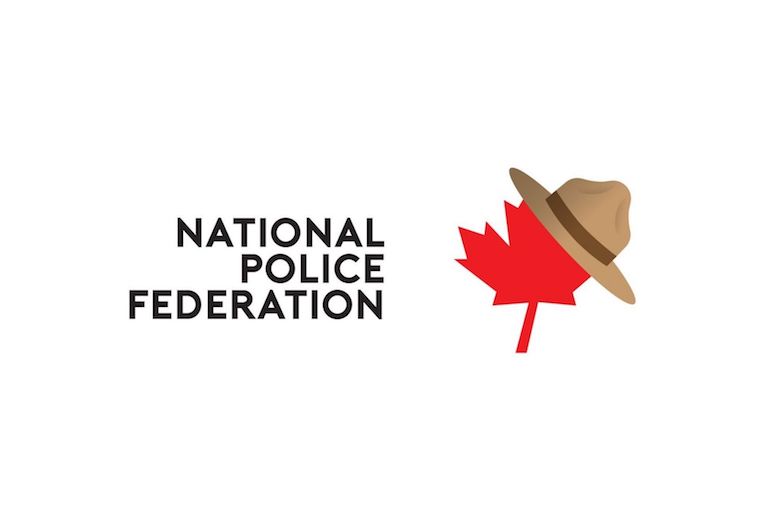RCMP union questions firearms buyback

A newly formed union for the RCMP is questioning the federal government’s strategy to reduce gun crime through the pending buyback of semi-automatic centrefire rifles.
Crime problem vs gun problem
Brian Sauvé, president of the National Police Federation that represents about 20,000 front-line RCMP members, said the organization prefers a fact-based approach to gun violence and advancing public safety. He pointed out the firearm of choice in two-thirds of the growing number of homicides is a handgun, which is often illegally obtained.
“In our view, Canada doesn’t need to address a gun problem; it needs to address a crime problem,” he said. “Current legislation is primarily focused on lawful gun owners who do not use their weapons to commit criminal acts. It does not address criminal activity, illegal firearms proliferation, gang crime or the criminal use of firearms.
For those reasons, key resources and funding are diverted away from addressing the criminal use of illegal firearms, which are responsible for more than 60 per cent of all firearm homicides in Canada.”
Number of homicides growing
The number of homicides in Canada is growing, and most are linked to organized crime. In 2019, Statistics Canada reported 678 homicides in Canada. Of these, 261 were committed with a firearm, and more than 60% with a handgun.
“The NPF takes this issue very seriously because, as police officers, we routinely see first-hand how illegal weapons are directly linked to increased gun violence and, sadly, death,” Sauvé said. “Our recommendations call for a combination of better legislation, better funding, and evidence-based solutions that we believe are necessary to curtailing the proliferation of illegal guns in Canada.”
He explained there is no dedicated national firearms enforcement investigation section, no dedicated border integrity firearms enforcement section, and that the RCMP has reduced its federal Investigation capability by more than 35% since 2013. The current RCMP activities relating to illegal firearms activity are restricted to administrative and academic support only.
Three-prong approach suggested
The foundation calls for a three-prong approach to deal with the problem: legislation that effectively addresses crime reduction. They are gang diversion, safe communities, secure borders, Canadian enforcement agency integration, and cross-border safety of the public and all police officers; funding the RCMP Border Integrity Program to enable dedicated proactive RCMP investigative weapons enforcement activity and the dismantling of gang and organized crime firearms smuggling; and funding to address crime prevention rather than the ongoing unrelated restrictions on licensed and regulated firearms owners.
